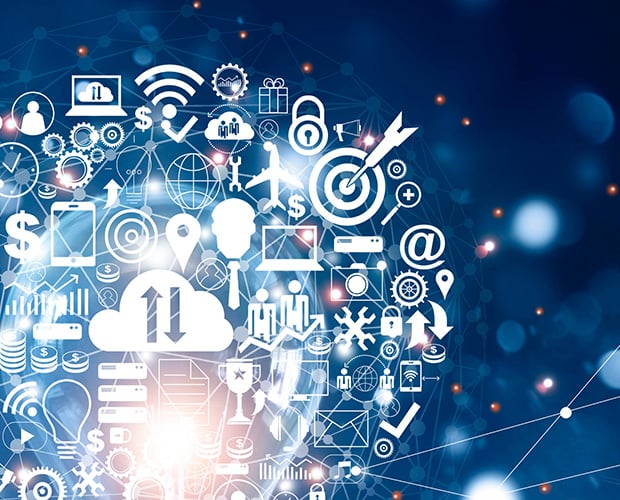On January 8, 2025, partners Doneld Shelkey, Mike Pierides and Marina Aronchik presented an Outsourcing and Technology 2025 webinar as part of the Morgan Lewis Tech & Sourcing: Data 2025 webinar series.
The webinar provided an update on the latest trends in AI outsourcing, technology and transactions, as well as related issues arising from data collection, use and processing.
For those who missed the webinar or want a quick recap, we outline some key points from the webinar below:
Main trends for 2025
- Digital transformation:
- Digital transformation is now a strategic initiative for the majority of businesses and is no longer a discretionary investment. It is estimated that 90% of all organizations are currently undergoing some sort of digital transformation (McKinsey)
- Most digital transformation agreements attempt to achieve outcomes-based contractual models; however, in practice there is a mix of results-based deliveries and purely time and material-based deliveries (which appears to be the majority of transactions).
- Artificial Intelligence (AI):
- Nearly three in five companies have started using AI for at least one business function (McKinsey).
- The healthcare and automotive sectors are expected to be most impacted by the use of AI (PWC).
- Cloud services:
- Global spending on cloud infrastructure continues to grow rapidly.
- AI plays an important role in cloud services: all three cloud hyperscalers reported positive returns on their AI investments, which began to contribute to the overall performance of their cloud business (Canalys 204 Q3 survey).
- Key challenges in public cloud migrations include understanding application dependencies, evaluating on-premises versus cloud costs, and assessing technical feasibility (Flexera).
- Cybersecurity and resilience:
- Nine in 10 organizations report experiencing multiple major disruptions (this excludes disruptions related to the Covid-19 pandemic), with the most reported disruptions being employee retention and recruitment, supply chain, technology disruptions or failures and cyberattacks (PWC).
- This remains a major priority for regulators around the world.
- Global Capacity Centers (GCC):
- There is a growing trend of creating CCGs: between 2018-19 and 2023-24, CCGs created over 600,000 new jobs in India, taking the total to over 1.6 million jobs (Economic times).
- The Gulf countries are favored by companies with strong corporate cultures and by those who want to “get started” in India and offshore markets, but who may not want to make large upfront commitments.
- There remains some immaturity within the GCC-specific vendor community: their models and track records have not yet been clearly tested and understood.
- Data centers:
- Demand for data centers is increasing. To keep up with the current pace of adoption, data center power needs are expected to reach approximately three times their current capacity by the end of the decade, rising from 3 to 4 percent of total U.S. electricity demand. United today. between 11% and 12% in 2030 (McKinsey).
- Data use and management:
- Data access and security is an increasingly critical consideration for businesses.
AI contracts and AI use policies
Two key aspects of contracting for AI are (1) reporting and (2) testing.
- Notification: Providers may be contractually obligated to keep their customers informed about the use of AI in connection with the Services, and customers may have the right to request specific information about the use of AI. It is essential to clearly define what the parties mean by AI in order to ensure the effectiveness of these provisions.
- Essay: The customer will likely require vendors to implement processes and procedures that test their AI solutions, including for legal compliance, bias, and general defects. Suppliers will likely have their own policies and procedures; it will be necessary to think about how they align with customer demands.
A growing number of companies are creating AI use policies to outline how AI can be used by the business. Some key topics to include in AI use policies are:
- Use of bespoke or public AI tools
- Staff training
- Related Company Policies
- Avoiding problems of prejudice
- Privacy issues
- Intellectual property infringement
- Proper input data
- Accuracy of results
- Human surveillance
- Use approval levels
Cloud service agreements in 2025
Market trends are driving changes in cloud contract terms and pricing.
Renewals almost always involve a renegotiation and/or restructuring of the agreement.
A thoughtful analysis of the dimensions of renewal can determine the outcome of renewals. Here are some key questions to consider for renewals:
- Changes to contract structure
- Issues with existing contract
- Changes to Basic Services Terms
- Terms for new services
- Changes based on new laws
Tech & Sourcing Webinar Series: Data in 2025
We invite you to join us to learn more about our Tech & Sourcing: Data in 2025 webinar series, which runs through May 2025.


